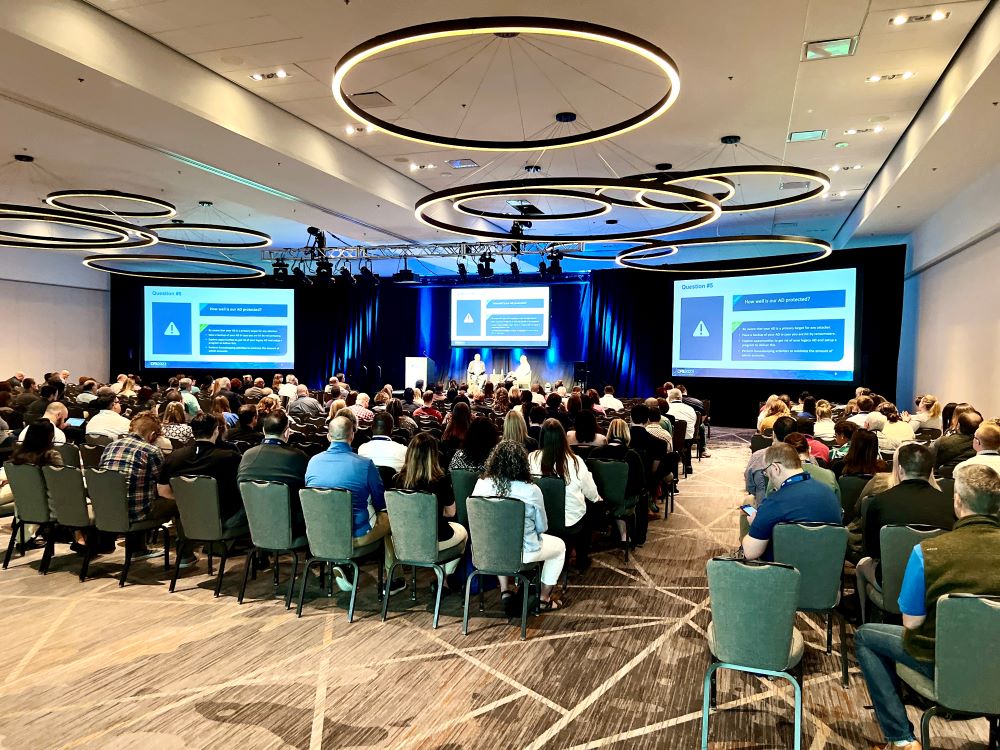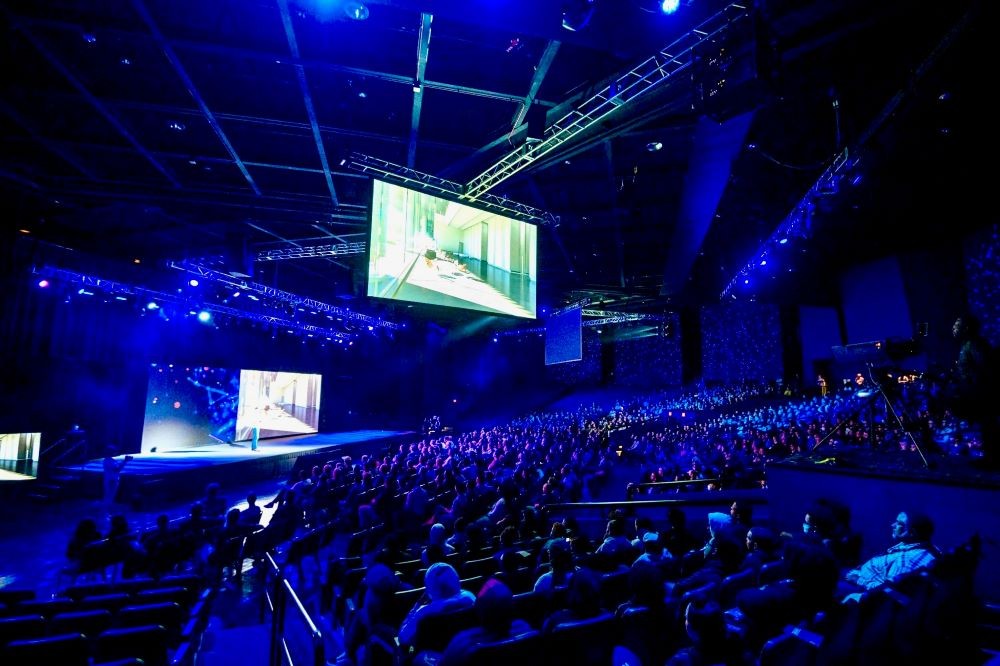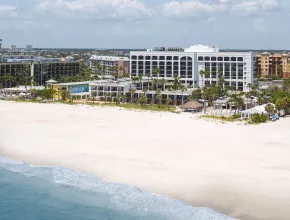In 2024, the landscape of meetings and events has drastically changed, and consequently, the way we collaborate with hotels is now more crucial than ever.
Effectively partnering with hotels is no longer just an advantage—it's a necessity.
Here are eight key tips that can empower you to become a true partner with hotels, positioning you and your group to receive more favorable offers and better opportunities.
1. Consider Rooms-to-Space Ratio
Many hotels now have “space optimizers.” Their role is to evaluate each meeting room and compare it to your food and beverage spend and your room block, to ensure that the real estate of meeting space is optimized to the best of their ability.
The bottom line: In your RFP, make sure that you have the meeting space that you “need to have” instead of what’s “nice to have.” Requesting smaller space or re-using meeting space can be the difference of you getting a bid from a hotel or being turned down due to rooms vs. space ratio.
More Meetings Today checklists: www.meetingstoday.com/checklists
2. Know a Destination’s Pattern
Knowing a destination’s preferred pattern allows you to get prime availability, and many times, a better rate. Some destinations prefer groups to come in on Sunday or a weekday while others prefer weekend business.
The bottom line: Talk to your stakeholders and get them to agree to being flexible with patterns and include it in your RFP so hotels know you can consider alternate patterns. If you can have a pulse on the destination that you’re sourcing and be flexible to what’s going on, you are at an advantage.
3. Consider Time of Year
Knowing a city’s peak, shoulder and off-season will help you determine which cities to consider. Hotel rates usually fluctuate based on the weather in the city you are sourcing. As a general rule, the peak season for southern states is from October to April while for northern states it is from May to September. A city’s rate could fluctuate considerably if you can consider moving your dates a few weeks or months.
The bottom line: Understand that there’s a balance between giving your attendees the best rate that you can give them and being at the destination at the best time. If you can consider off-peak dates or even shoulder dates, you have the potential for better rates and availability for your group at the same great hotel.

4. Understanding ROGR
Speaking as an ex-hotelier, a phrase we would use very commonly was, “What’s the ROGR on this piece of business?” ROGR stands for Revenue per Occupied Group Room. Most hotels use the “ROGR” to evaluate a piece of business (your meeting). To put it simply, the ROGR is the amount of food and beverage spend per occupied room night. For example, if the hotel’s ROGR is $200 and you have 500 guest rooms in your contract, the hotel is going to want at least $100,000 in food and beverage minimum. If you can’t spend that amount, they will most likely charge rental or turn your lead down.
The bottom line: For each night that you have rooms, if you need meeting space, the hotel expects some kind of food and beverage spend. Keep in mind that the hotel’s ROGR might fluctuate based on time of year and other parameters, but it always comes into play when submitting a bid.
[Related: 4 Ways to Accommodate Attendees With Disabilities at Events]
5. Know Your Group’s Slippage/Wash
Keeping detailed weekly pickup from when registration opens until the meeting actualizes gives you great information to understand what your group must sell to, and the allowable attrition needed to meet your contractual commitment.
The bottom line: All groups slip from where they sell to until the actual pick-up. Knowing that percentage will help you contract a more accurate room block and understand what kind of attrition is needed to avoid performance fees. Sharing this information with hotels allows them to better maximize their inventory.
6. The DBR Meeting
Most hotels have what is called a DBR meeting (Daily Business Review) or a RevMax meeting. This is where sales managers, hotel leaders, space optimizers and revenue managers gather to analyze new leads for the hotel. They evaluate the value of a piece of business by looking at a variety of parameters that will impact hotel revenues (history, food and beverage spend, AV spend, length of stay).
The bottom line: Providing as much information that impacts the hotel’s total revenue and flexibility helps your hotel partner advocate for your group during the DBR meeting.
7. Source When You Are Ready to Make a Decision
Hotels are no longer holding meeting space for six to 10 months while you decide. They must see active movement once they submit a bid (i.e., short-listed hotels, site visits scheduled, decision timeline, etc.). These outstanding leads are discussed during DBR meetings as well, so if hotels don’t see any movement, they are going after the next lead.
The bottom line: Be respectful of your sales manager’s time. Communicate timelines and keep your hotel updated on next steps and decision processes.
[Related: Tracy Stuckrath's Essential Meetings F&B Checklist]
8. Make an Appointment for Site Visits
This is a pet peeve for hoteliers: Do not walk into a hotel without an appointment expecting a tour of the hotel. You wouldn’t walk into your doctor’s office without an appointment; you shouldn’t do it to a hotel for a site inspection.
The bottom line: Provide your sales manager with the proper information and scheduled site tour so you can have a thoughtful and productive visit.
Having been on both sides of the industry, it’s clear that there are obstacles and struggles to overcome on both ends. Budgets are low, prices are high, and we’re all doing so much with so little—but at the end of the day, we are all in this together.
We are all in this industry because we’re passionate about meetings. Everyone’s ultimate goal is to host successful conferences, and the key to achieving this is preparation and collaboration. Do your research, be prepared and foster strong relationships with hotels from the very beginning.
Together, we can elevate our industry and create unforgettable experiences.
Read next: A Back-of-House Sustainability Site Inspection Checklist







